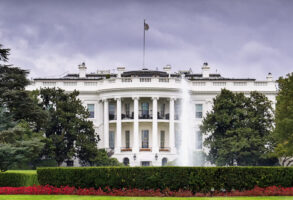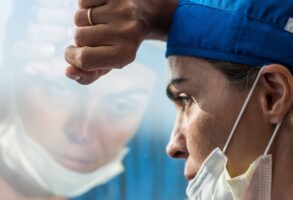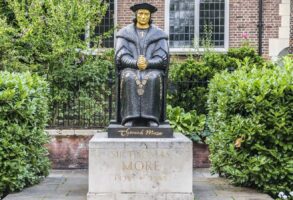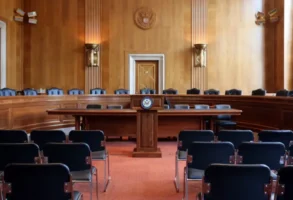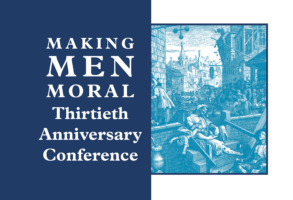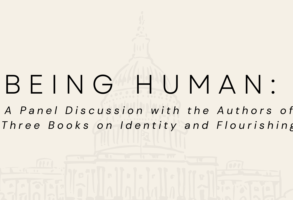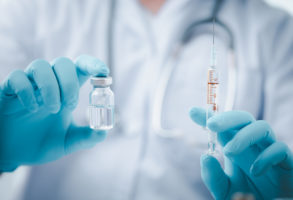New developments in biotechnology, while promising to advance human health, are also rapidly expanding our powers of control over our bodies, our minds, and our world. How we acquire these powers and how we decide to use them are questions that science alone cannot answer. They are inescapably moral and political questions of profound importance for the future of democratic society and the dignity of human life. EPPC’s program on Bioethics and American Democracy works to clarify our responsibilities to the future by encouraging much needed moral and political deliberation on emerging biotechnologies and medical advances—from cloning to stem-cell research to reproductive technologies to gene editing and beyond.
Until the twentieth century, the practice of medicine was limited in its therapeutic efficacy, at times doing more harm than good. Little, if anything, was known about diagnosing disease and even less was known about effective treatment. Cellular and subcellular processes and pharmacologic advances remained undiscovered. Nevertheless, for most of the history of medicine, medical ethics explored foundational questions about human life and health: what is a human being, what natural obligations and rights emerge from personhood, and how does the practice of medicine augment human flourishing? With initially slow progress in medical science, these questions received little direct challenge from scientific advancements.
Today, rapidly advancing biological knowledge and technical power has the capacity to radically alter human life and society. Our healthcare system likewise faces serious challenges to its economic sustainability and its response to a worldwide pandemic. In this turbulent mix of discovery and danger the debates over human dignity and the proper ends and goals of medicine must address these swift developments. We will only find adequate responses by drawing on perennial sources of moral wisdom and engaging a range of scholars from diverse disciplines.
From 2003 through 2017, we partnered with EPPC’s program on Science, Technology, and Society to publish the acclaimed quarterly The New Atlantis: A Journal of Technology and Society. Today, through our ongoing research, publications, podcast, and public outreach programs we remain at the center of contemporary bioethics debates, helping scientists, healthcare providers, policymakers, and citizens deal more wisely and more creatively with the promise and perils of advances in biotechnology.
The Bioethics and American Democracy program is directed by EPPC Fellow Dr. Aaron Kheriaty. He is joined by EPPC Fellow Dr. Aaron Rothstein and EPPC Fellow Carter Snead, an internationally recognized expert in the field of law and bioethics. Dr. Rothstein hosts the Program’s podcast, Searching for Medicine’s Soul, which tackles important questions by examining medicine’s purpose, or telos. Why do physicians do what they do? How does the practice of medicine relate to scientific progress? How can it properly support human flourishing? Our podcast promotes scholarship and features guests who have thought carefully about the history and aims of medicine, and its collision with a thrilling and in some ways tragic age of scientific discovery.
Searching for Medicine’s Soul Podcast
Listen to episodes:
